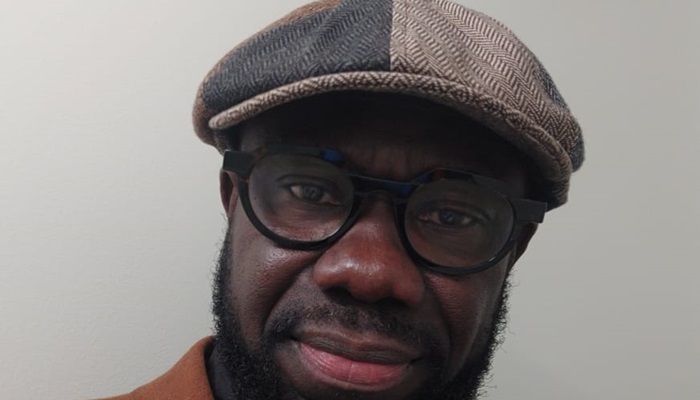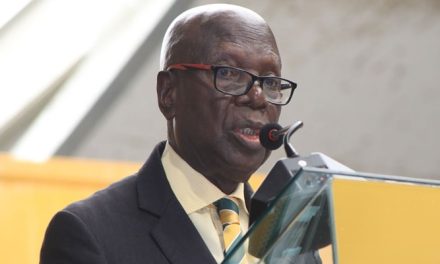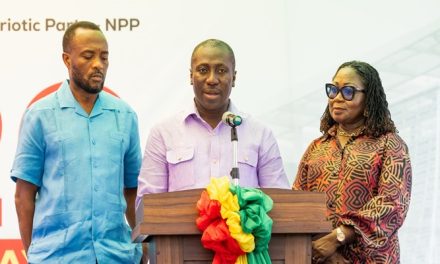Average is an enemy. Never be the average person in the room; nobody remembers you for anything.
To be remembered, there are only two ways: Be at the top or try to be the top.
This may be one of the variables that marked last week’s general elections in Canada, which saw the exceptional Mark Carney elected Prime Minister.
The other candidates on the ballot, especially Piere Poilievre, leader of the Conservative Party, are accomplished politicians who are known to have individuated themselves in politics, and beyond.
But Mark, probably as his natural trademark, set the bar very high–higher beyond the average reach, thanks to a powerful curriculum vitae the world of politics may never see in a long time.
Competition is competitive
Remember that high school classmate who was first in every subject and made you feel like he should be in university?
That is Mark Carney. The next time you encounter that classmate, you expect them to be doing very well in life.
That is Mark Carney, except that in Mark’s case, he would have exceeded your expectations.
The new Prime Minister of Canada graduated magna cum laude in Economics from Harvard and continued with Masters and PhD in Economics at Oxford.
From here, a competitive career in global financial management will begin.
If you were wondering why Mark always wins the competition, it started with his chosen research topics at university.
The wording of his Master’s Degree thesis was revealing: “Competitive advantage and the advantage of competition: a theoretical analysis of national champions, learning-by-doing, and spillovers.”
At the doctorate level, Mark investigated “The dynamic advantage of competition”.
Most predictably, the spirit of competition prevailed when he spent some 13 years at Goldman Sachs, and later becoming Governor of the Bank of Canada in 2007.
He would also become the first non-Briton since 1694 to be appointed Governor of the Bank of England.
Mark was expected to hold the post for eight years but he gave England his terms – that he would do the job for only five.
The English had no option.
Before venturing into full-time politics only in January 2025, Mark had also been Chairman of global financial management giants, Brookfield and Bloomberg.
What can you do vs where are you from
By nature, Canadians are not loud; they do not also believe in exhibitionism and exceptionalism, unlike their friends across the border.
Mark is not loud; in fact, he sounds quite soft, yet exceptional, and Canadians could not look over his exceptionalism in the recent election.
The Liberals, Mark’s party, were certain to lose to the Conservatives when polls showed Canadians wanted Premier Justin Trudeau out.
However, the election of Carney as leader in March 2025 and the Trump factor, changed the dynamics.
He also won a seat in Nepean, a riding (constituency) he has never lived in, while Poilievre lost his Carleton seat after 20 years.
In the end, the Liberals won 168 seats (short of 4) to form a minority government.
The Conservatives garnered 144 seats, and the Bloc Quebecois 23.
Politics in Ghana and most parts of Africa is idiosyncratic and exceptional in many unexceptional ways.
If Carney were Ghanaian, would he have won if he contested for a seat in an unknown constituency, even with his kind of intimidating CV?
We fight and kill when people we don’t know or do not like are appointed DCE.
Can we imagine Prof Mawutor Amenuvor winning a seat in Odododiodio if he had never lived in Accra?
Even after his impressive stint as a professor of development economics at the prestigious Fletcher School of Law of Tufts University, and as Ghana’s longest serving Finance Minister who had also held senior advisor positions at the World Bank and IMF, Prof Kwesi Botchwey’s bid to lead the NDC as flagbearer was deemed laughable by some Ghanaians.
He lost badly. Mark Carney won easily.
Presently, Dr Bawumai’s leadership of the NPP in the next elections as standard-bearer, looks threatened because of suspicions that some NPP founding fathers have not healed from the pain of having an NPP newbie lead the party.
Like Carney and Botchwey, Dr Mahamadu Bawumia has an intimidating resume that has excited Bretton Woods, sovereign African governments and the global cognoscenti.
Who leads NPP/NDC?
It is also worrying that across the political divide, the selection of a vice-president is a matter of tribe, and not the content of character or place of influence beyond party.
It is expected that the next VP of the NDC will not be Fante, at least to placate the confederacy who feel they should not always be second.
It is also embarrassing that the Ocquaye Report had to discuss the factor of religion among the reasons why the NPP lost in the 2024 elections.
In the NPP leadership conversation, tribe has been on the menu since the Progress Party days.
For all he is worth, Dr Bawumia and his associates must fear the apparition of President Mahama’s caution that the NPP would use the 2024 flagbearer and dump him.
For very sad reasons, factors such as tribe, religion, and sheer party loyalty, have effectively upstaged the place of the quality CV in our politics.
We might also ask whether the people with good CVs, especially Ghanaians who studied and blazed the trail at Harvard and Oxford, have added anything substantial to Ghana’s bottomline. They sound promising and intelligent on paper, but when we hand them sensitive positions, they do not convince us that they did anything differently from DC Kwame Kwakye whose bad English gave us funny soundbites.
The intellectual class, the kind we call booklong, have become textbook cases, prompting Chairman Wontumi to ask: “What is the place of good English if it does not bring money”.
Tissues Of The Issues
bigfrontiers@gmail.com
Kwesi Tawiah-Benjamin
Ottawa, Canada





